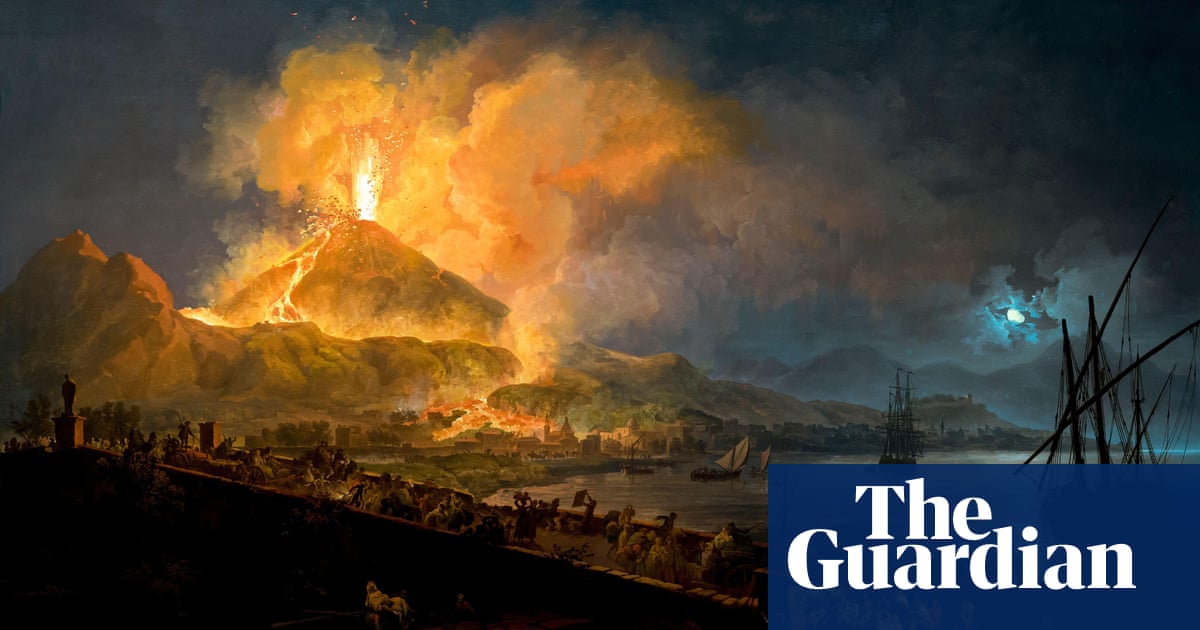1819, 1719 or 1619?
This is from the generally really excellent Prologue to Ira Berlin’s Many Thousands Gone: The First Two Centuries of Slavery in North America (1998). Many Thousands Gone is and remains one of the best, must-read books on the history of American slavery. Not because it proves an important point; it does prove some important points, but the reason it’s a must-read it very seriously, and thoroughly, and thoughtfully complicates an important point that is all too often over-simplified.
Prologue: Making Slavery, Making Race
Of late, it has become fashionable to declare that race is a social construction. In the academy, this precept has gained universal and even tiresome assent, as geneticists and physical anthropologists replace outmoded classifications of humanity with new ones drawn from recent explorations of the genome.[1] But while the belief that race is socially constructed has gained a privileged place in contemporary scholarly debates, it has won few practical battles. Few people believe it; fewer act on it. The new understanding of race has changed behavior little if at all.
Perhaps this is because the theory is not quite right. Race is not simply a social construction; it is a particular kind of social construction–a historical construction.[2] Indeed, like other historical constructions–the most famous of course being class–it cannot exist outside of time and place. To follow Edward Thompson’s celebrated discussion of class, race is also
a fluency which evades analysis if we attempt to stop it dead at any given moment and atomize its structure.Race, no less than class, is the product of history, and it only exists on the contested social terrain in which men and women struggle to control their destinies.[3] The reluctance to embrace the new understanding of race as socially constructed derives neither from a commitment to an older biological classification system, which in truth is no better understood than the newer genetics, nor from a refusal to acknowledge the reality of an ideological logical construct. Instead, it derives from the failure to demonstrate how race is continually redefined, who does the defining, and why. This book is in part an attempt to address that problem, first by recognizing the volatility of the experiences which collectively defined race, and then by suggesting how they shifted over the course of two centuries.Many Thousands Gone is a history of African-American slavery in mainland North America during the first two centuries of European and African settlement. Like all history, it is a study of changing relationships. The emphasis on change is important. . . .
— Ira Berlin (1998), Many Thousands Gone: The First Two Centuries of Slavery in North America (Belknap Press / Harvard University Press; Kindle Locations 25-36).
. . .
Slave society in mainland North America did not cease to change in the first decades of the nineteenth century when this book concludes. Historians who have tried to hold time constant in order to explain the complex interactions of master and slave or the development of the slave personality have inevitably found their investigations stymied and their conclusions stereotyped by their very method. Even the most complex social relationships become caricatures when men and women-subalterns or superiors-are frozen in time. In the study of slavery, such static visions rob both slaves and slaveholders of their agency or, more strangely, allows agency but denies that their struggle changed the basic constellation of social relations. If the masters’ hegemony is immutable, slaves and their owners are reduced to stock figures of the scholarly imagination. In mainland North America, slaves (like their owners) were simply not the same people in 1819 that they had been in 1719 or 1619, although the origins and color of the slave population often had not changed.
Indeed, the meaning of race itself changed as slavery was continually reconstructed over the course of those two centuries. Projecting the regimen of seventeenth-century tobacco production, the aesthetics of African pottery, or the eschatology of animistic religion into the nineteenth century is no more useful than reading the demands of blackbelt cotton production, the theology of African-American Christianity, and the ethos of antebellum paternalism back into the seventeenth century. It is important to remember that at the beginning of the nineteenth century, when this book concludes, the vast majority of black people, slave and free, did not reside in the blackbelt, grow cotton, or subscribe to Christianity. That the character of slave life in North America was reversed a half century later is a striking commentary on a period that historians have represented as stable maturity. This radical transformation affirms the notion that slavery’s history can be best appreciated in terms of generations of captivity and the many thousands who suffered through the long night of American enslavement. Although it would take more than another other half century before the last slave in the United States could intone the words,
No more auction block … No more hundred lash … No more Mistress call,the words of the great spiritual would remind all of themany thousandsbefore the day of jubilee.— Ira Berlin (1998), Many Thousands Gone: The First Two Centuries of Slavery in North America (Belknap Press / Harvard University Press; Kindle Locations 195-208).
- [1]For a powerful statement, see Barbara Jeanne Fields, Race and Ideology in American History, in J. Morgan Kousser and James M. McPherson, eds., Region, Race, and Reconstruction: Essays in Honor of C. Vann Woodward (New York, 1982), 143-77. Also see Henry Louis Gates, Jr., ed.,
Race,
Writing, and Difference (Chicago, 1986), 1-20; Stuart Hall, Cultural Identity and Diaspora, in Jonathan Rutherford, ed., Identity (London, 1990), 222-37; and Evelyn Brooks Higginbotham, African-American Women’s History and the Metalanguage of Race, Signs, 17 (1992), 251-74. A handy discussion of the new biology can be found in Jonathan M. Marks, Human Biodiversity: Genes, Race, and History (New York, 1995); also see Steven Jay Gould, Why We Should Not Name Races–A Biological View, in Gould, Ever Since Darwin: Reflections on Natural History (New York, 1977).↩ - [2]Although Barbara Fields’s original formulation and later elaborations on the meaning of
race
(Slavery, Race and Ideology in the United States of America, NLR, 181 [1990], 85-118) were aggressively historical, not all scholars have taken that tack. See, for example, Michael Omi and Howard Winant, Racial Formation in the United States: From the 1960s to the 1980s (London, 1986), which situates race in a specific historical setting but ignores the processes that are continually transforming it.↩ - [3]E. P. Thompson, The Making of the English Working Class (New York, 1964), 9.↩



